Finding Joy in the Simple and Ordinary
Huanxin Celestial
Recently, our focus has been on restoring our kitchen, which doubles as our dining area and is one of the most vital spaces in our community. The kitchen was initially built by some of the brothers and sisters who came here earlier, using a wooden framework. After two years, the wood started showing signs of damage from ants and insects, and every day we’d find a layer of wood dust on the surfaces, compromising the cleanliness and hygiene of the kitchen. So, we decided it was time for a thorough renovation.
First, we collectively stripped the bark from all the wood, then cleaned everything thoroughly. Guang used a compressor to spray the first layer of paint, and then Huiyi followed up with a detailed brush application. The brown paint we initially bought ended up giving the wood a rich, earthy red tone, while the black paint added a deep, purplish hue. After the repair and painting, the kitchen feels refreshed and elevated, with a new, stylish ambiance. It’s amazing how much a little maintenance can transform a space. They’ve now moved on to repairing and replacing the columns in the meditation hall.
Aside from this major project, Huiyi has been busy clearing the hillside of weeds and various shrubs with his trusty grass cutter, raking and composting the clippings. According to Pinan, the land here covers around 40 acres, and Huiyi, with his relentless patience and perseverance, makes sure to clear every area, whether it’s a deep ravine or a steep slope. In Thailand, maintaining the land is crucial—since most places don’t have formal deeds, whoever manages the land is considered its owner. If any land is left neglected and overgrown, the local government might reclaim it, making this a task that we can’t afford to skip.
Guang, meanwhile, has been quietly creating various handicrafts. In just a short time, he has made four compost bins: three for grass clippings (mainly from what Huiyi gathers) and one for kitchen waste and chicken manure. He also constructed six vegetable racks, a pest net cover, repaired the landlord’s bathroom roof, and built a table. Some of his work was completed so quickly that we didn’t even have time to document the process—it was just there, ready to use, as if by magic.
My main responsibilities include cooking and gardening. The warm climate here in the south allows vegetables to grow rapidly, but it also brings many pests. Some cool-weather crops don’t fare well in the tropical heat, and the speed at which insects can devour the plants is astonishing. Since I prefer not to use pesticides, I’ve resorted to covering some of the vegetables with the bags that Yangle used when he was gardening. This has been somewhat effective, allowing us to enjoy at least some pest-free produce.
Recently, a nun who has been staying at the nearby temple took a liking to the mulberry trees in our garden. She particularly enjoys eating mulberries and comes by every few days to pick some. Naturally, we’re happy to share—good things are meant to be enjoyed by all. Interestingly, the monks and nuns at the temple are always mindful of reciprocating; after enjoying some of our mulberries, they brought us passion fruits, avocados, coffee, ginger, taro, and hibiscus tea in return. They really understand the importance of gratitude and giving back. Similarly, we often share our surplus vegetables with our landlord, who frequently brings us fruits, pork, rice, and other foods in return. Sometimes, we also give fresh vegetables to the temple and our neighbors, living by the saying, "a close neighbor is better than a distant relative."
"A bamboo fence and a thatched cottage offer the best scenery; no temple or monk’s room can compare." The simplicity and elegance of our bamboo and thatched houses bring us closer to nature. Everyone who has stayed here loves this style of living—there’s something incredibly comfortable about it. I remember when I first arrived here, seeing the bamboo houses gave me a sense of déjà vu, as if I were glimpsing the Thousand-Year World. If we could build a few more houses and create some scenic spots, we might soon have twenty or so celestial beings gathering here to enjoy a peaceful life, practicing and discussing the Tao, and playing even more delightful games.
In our daily lives, we find joy in simple experiences, and through happy labor, we create abundance. Though life here is plain and ordinary, it’s rich in subtle pleasures and imbued with the wisdom of nature. In the mountains, time seems to stand still, and the days pass swiftly yet serenely. Surrounded by blue skies, white clouds, green trees, and verdant hills, we hear the natural world singing its song. The sun always shines brightly, and it feels like summer all year round. Immersed in a space filled with love, we quietly enjoy the beauty and harmony of nature. What more could one ask for? Contentment is the essence of a celestial life. We tend to the Chanyuan tree, watering and fertilizing it, while also nurturing our hearts and minds, waiting for the right time and opportunity to flourish.
2021-12-26
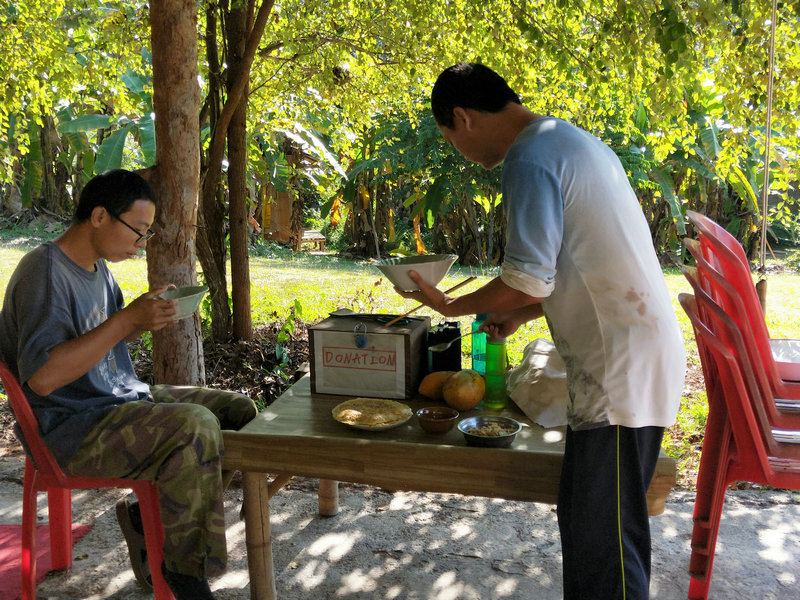
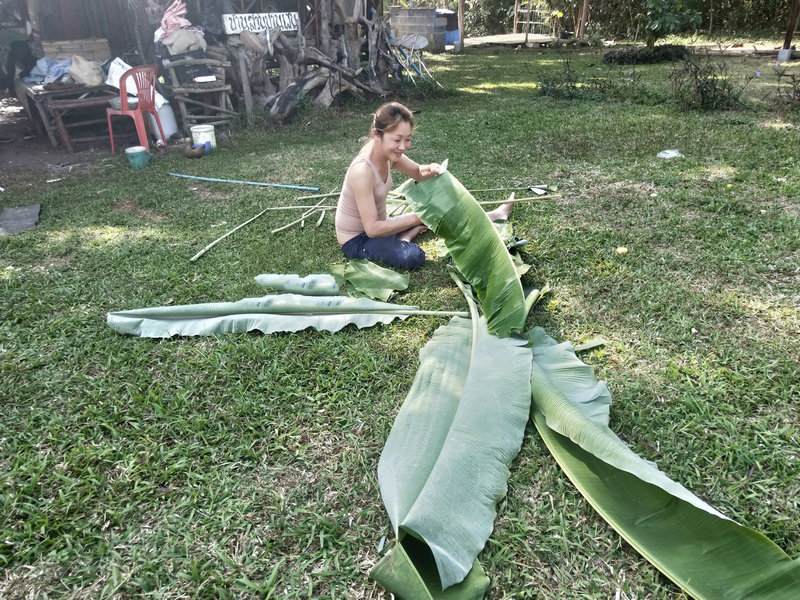
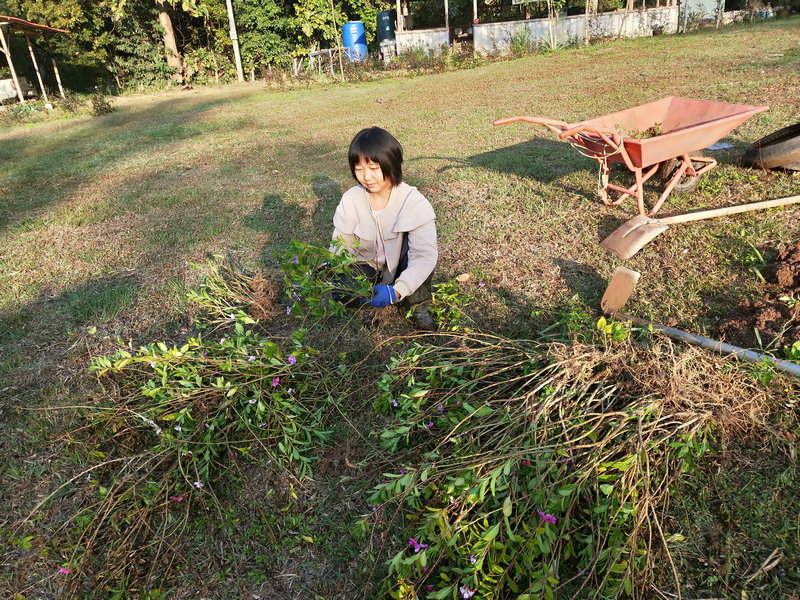
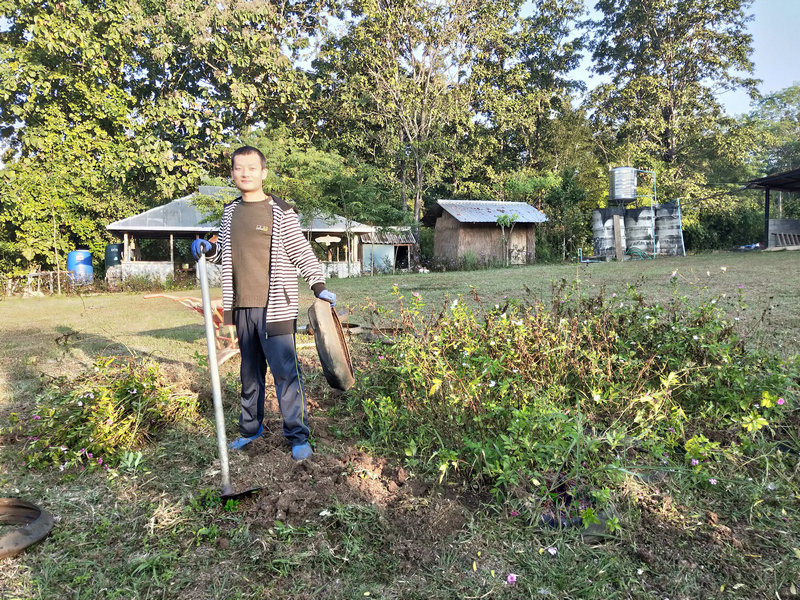
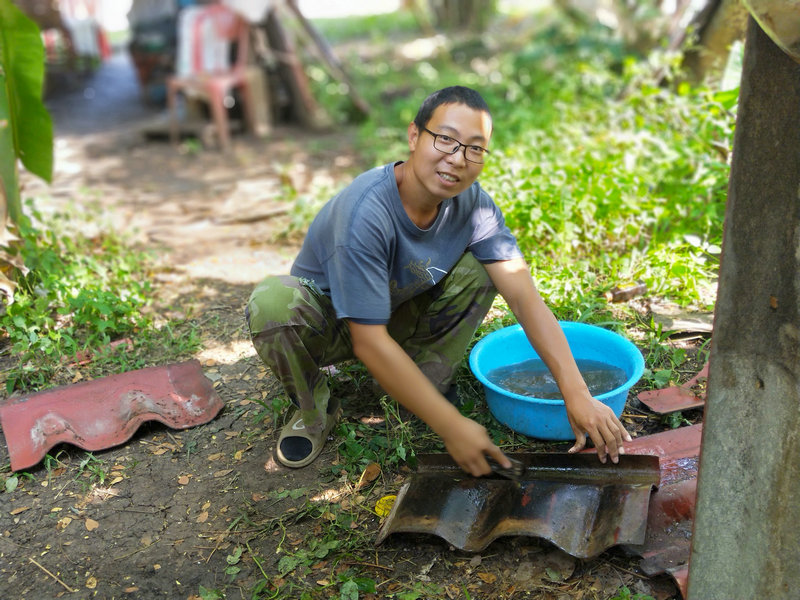
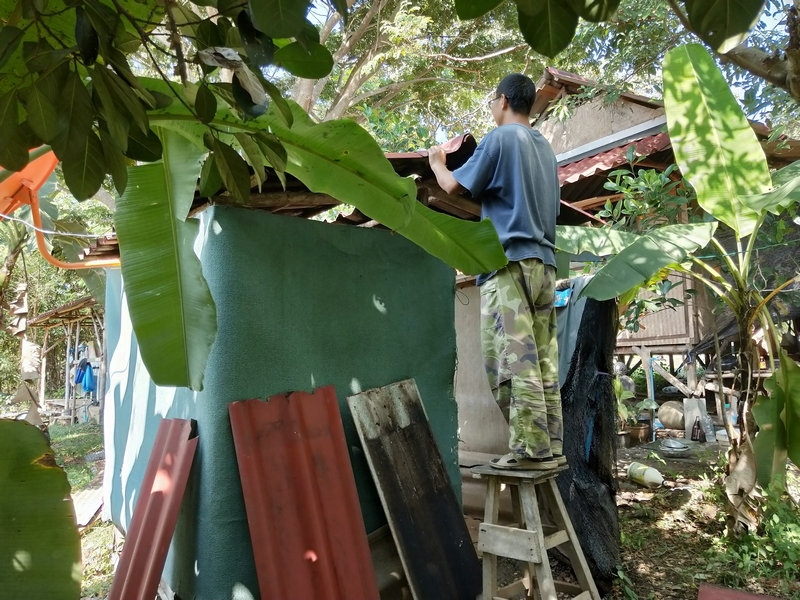
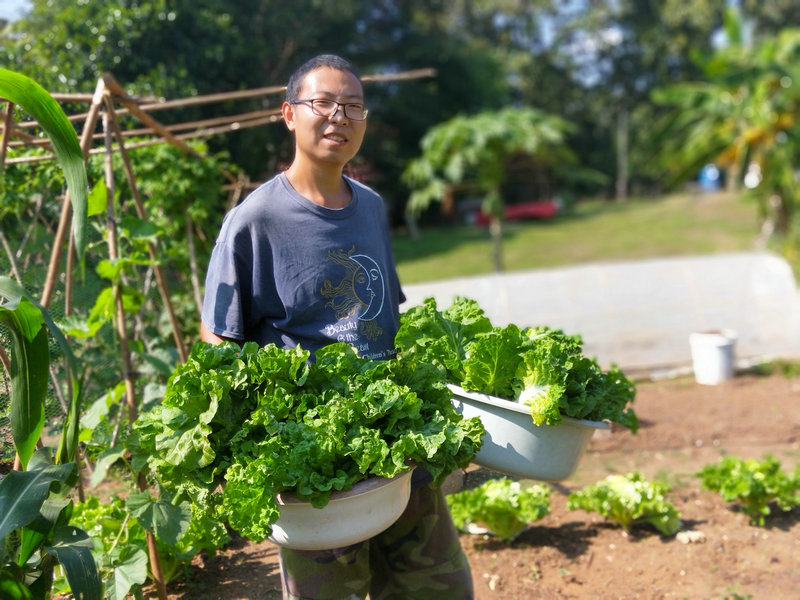
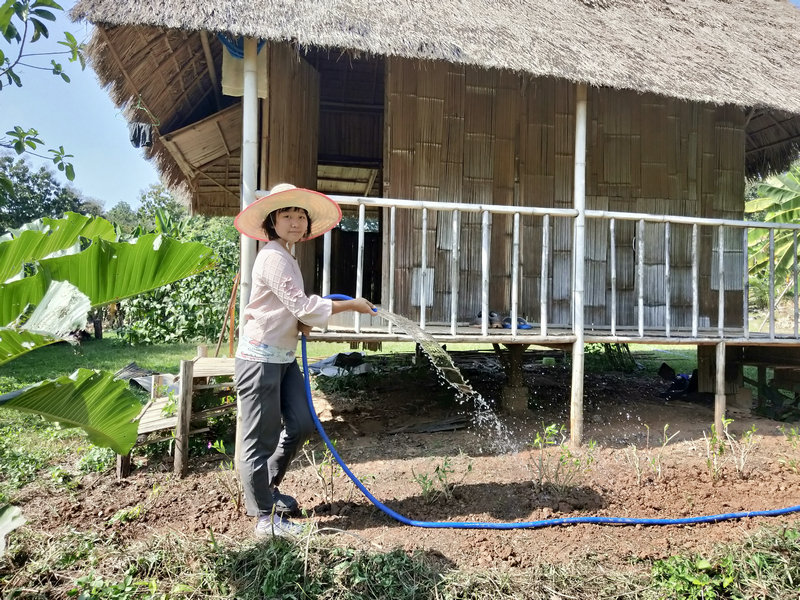
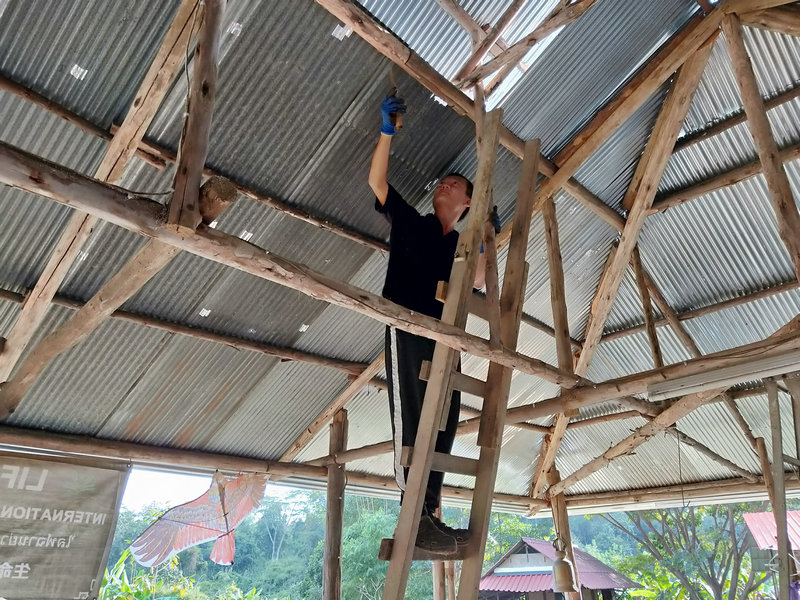
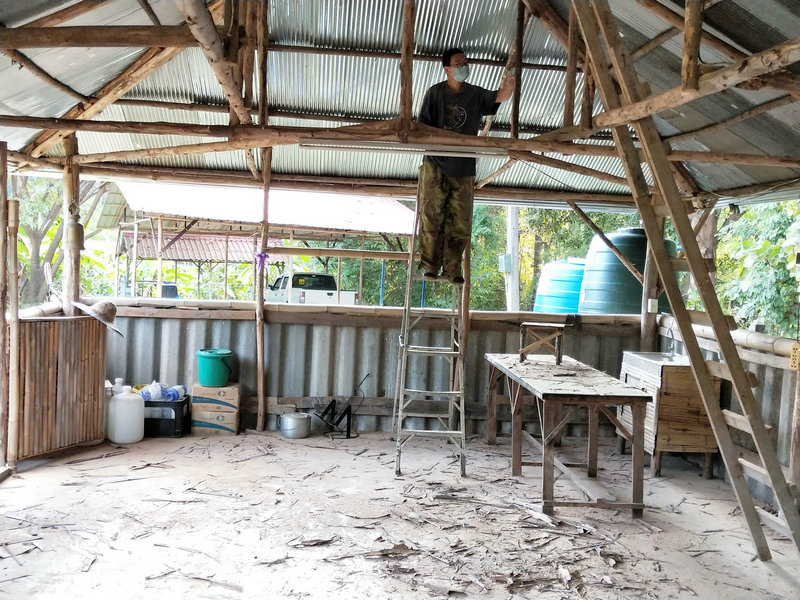
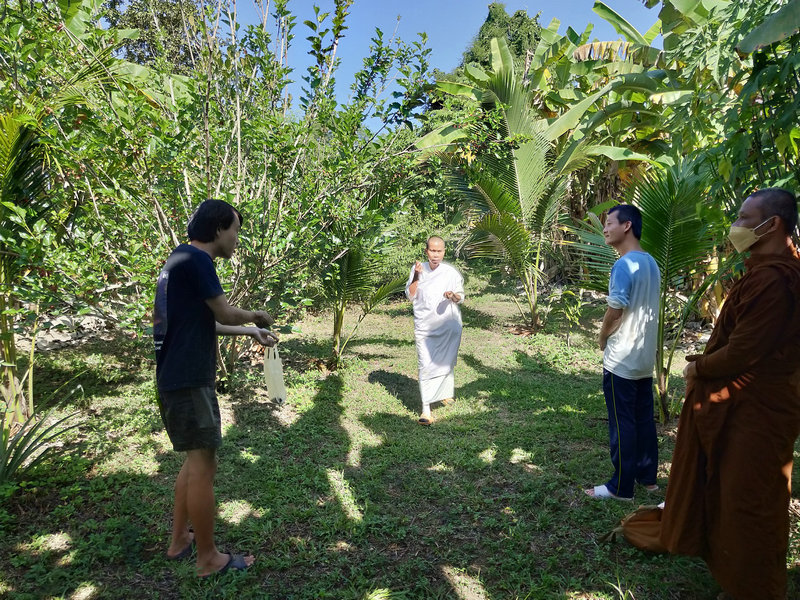
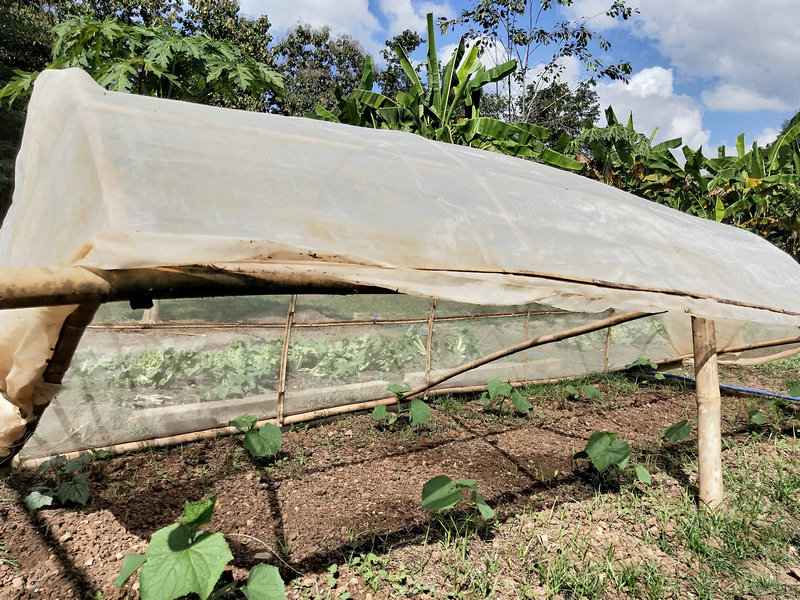
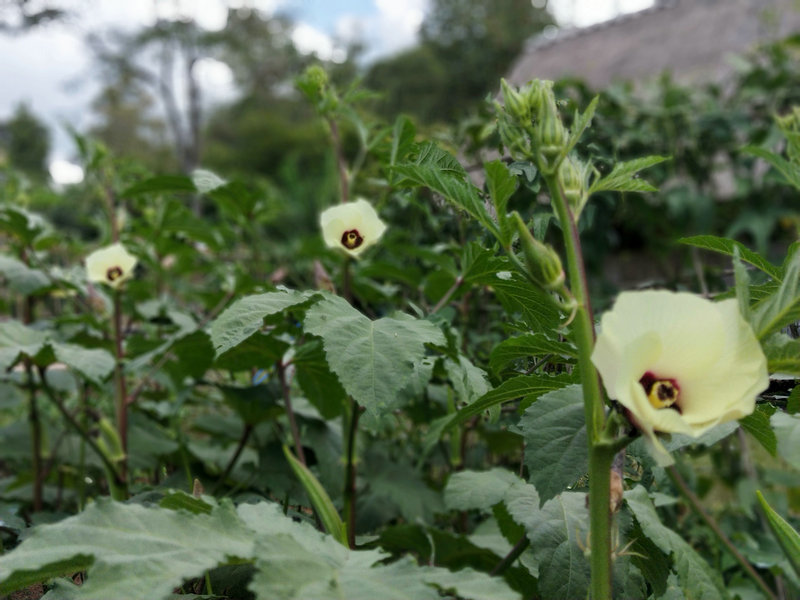
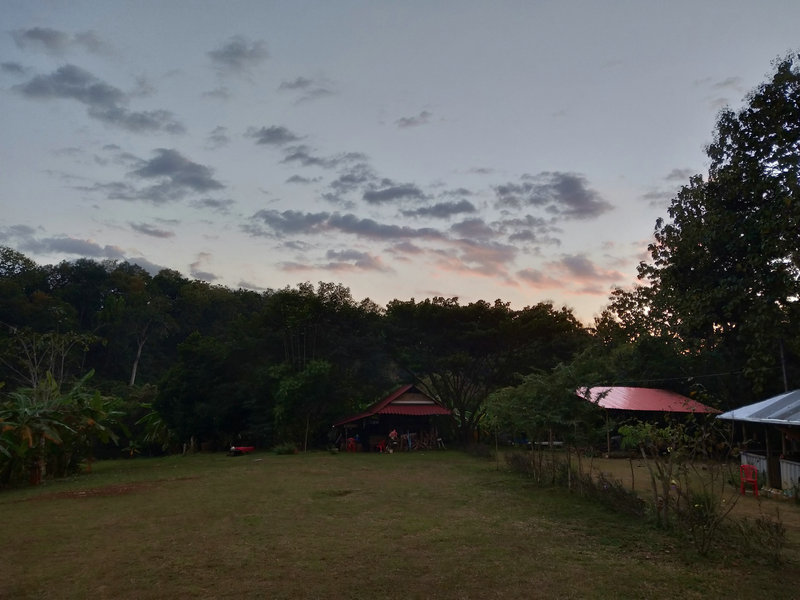
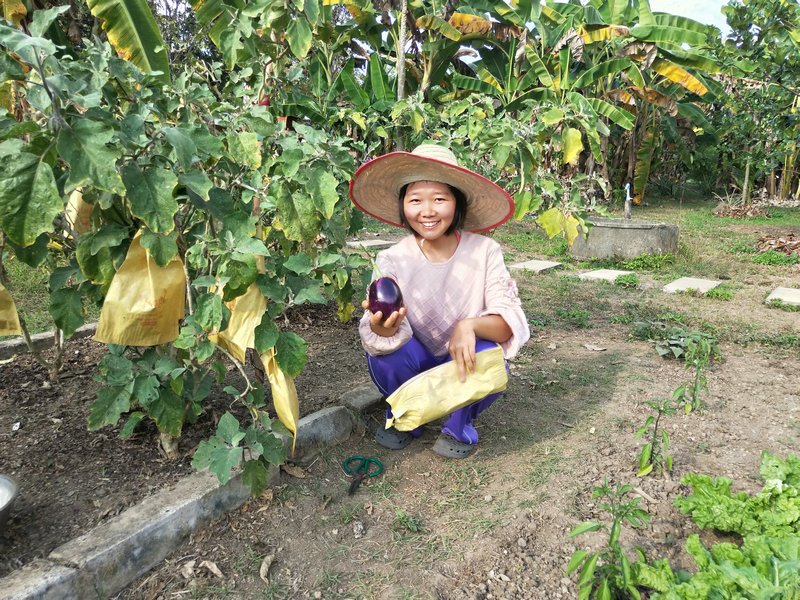
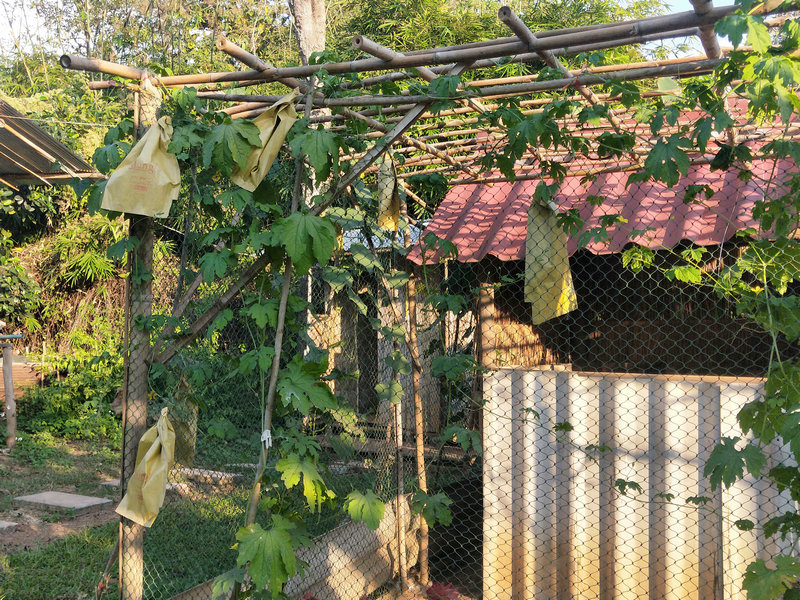
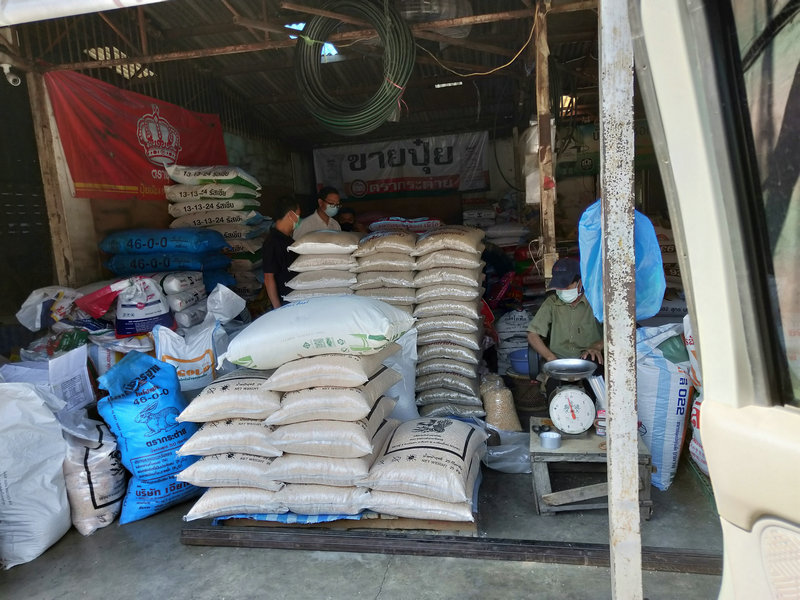
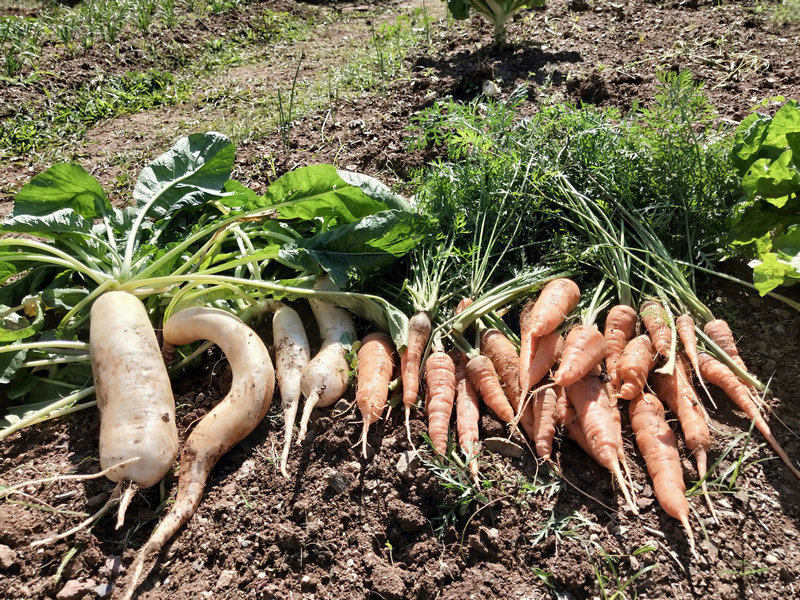
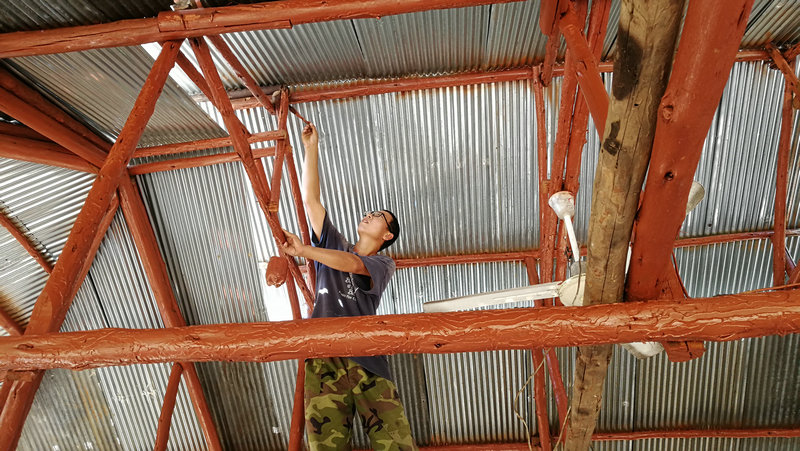
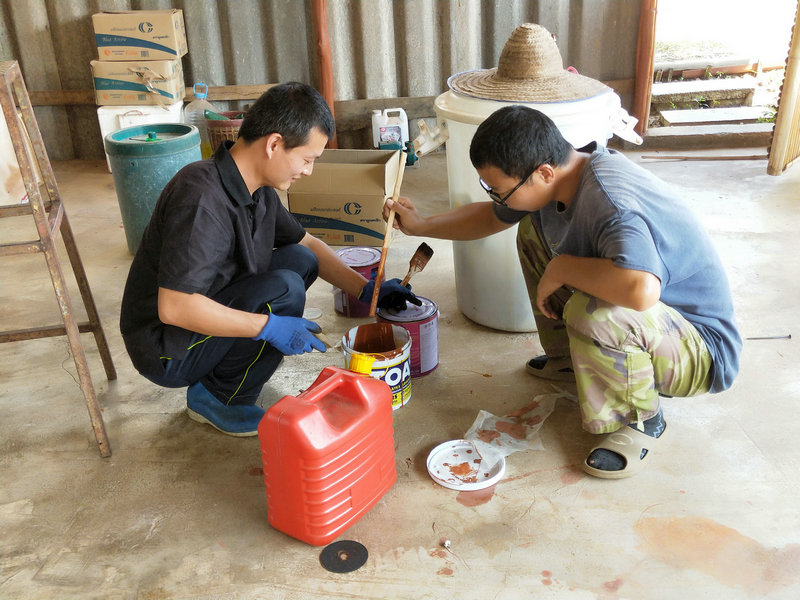
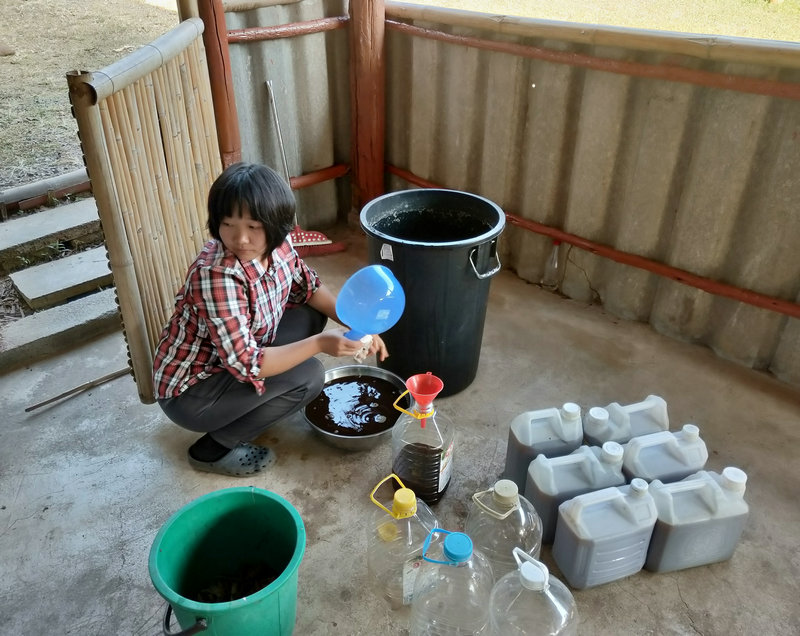
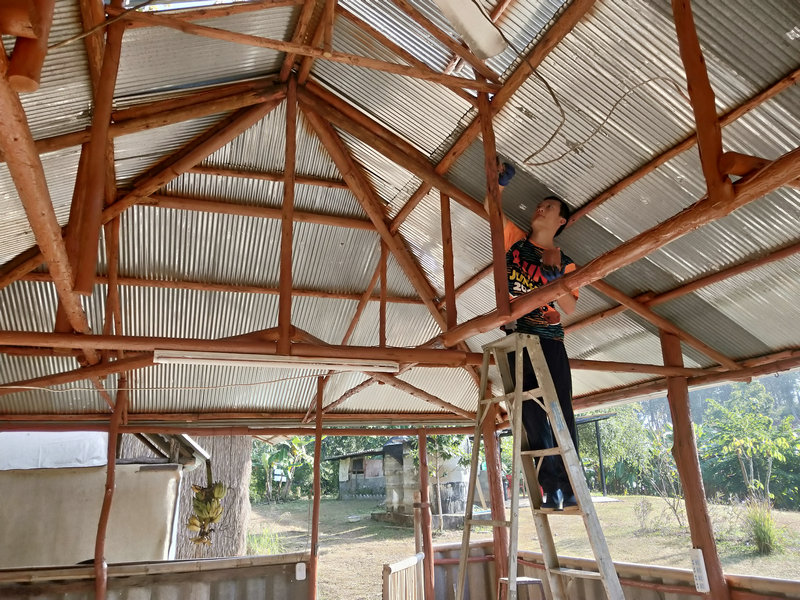
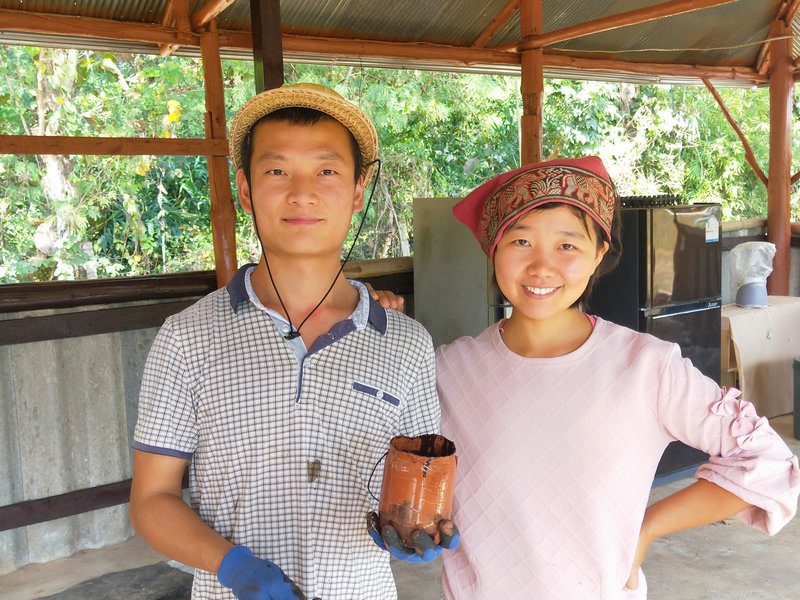
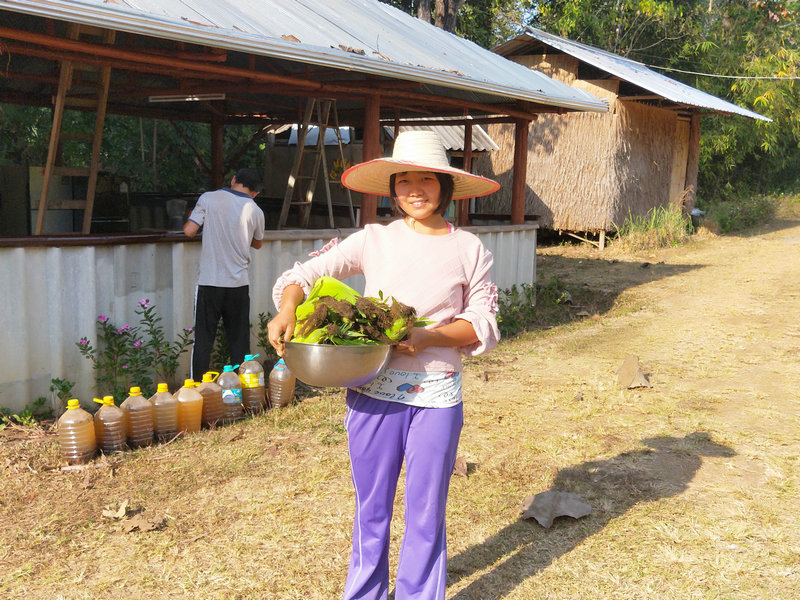
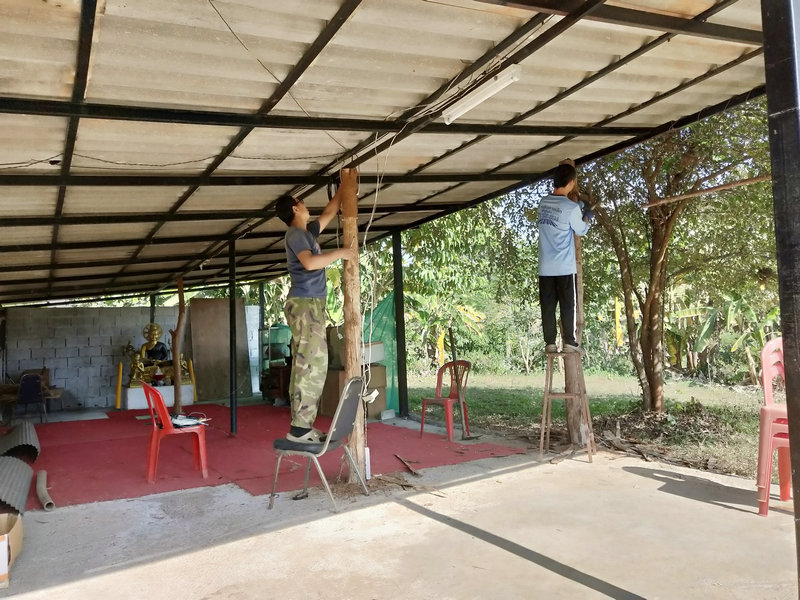
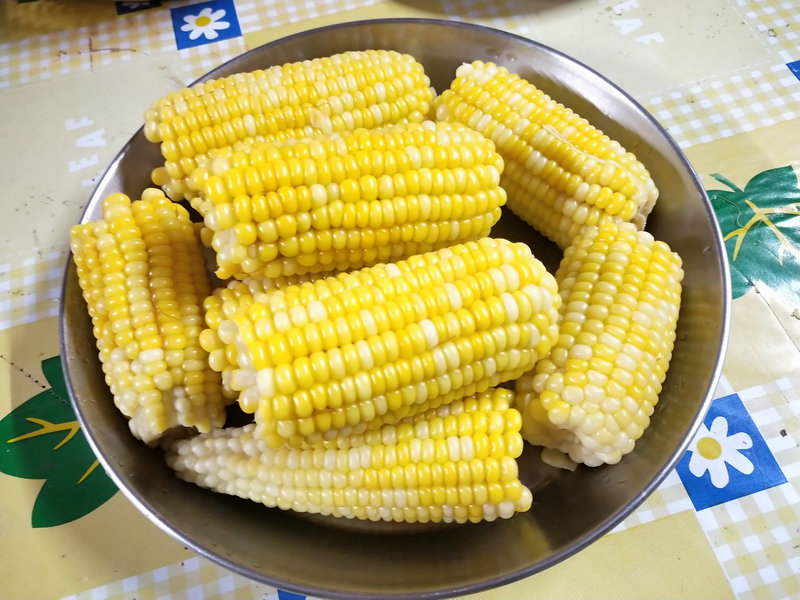
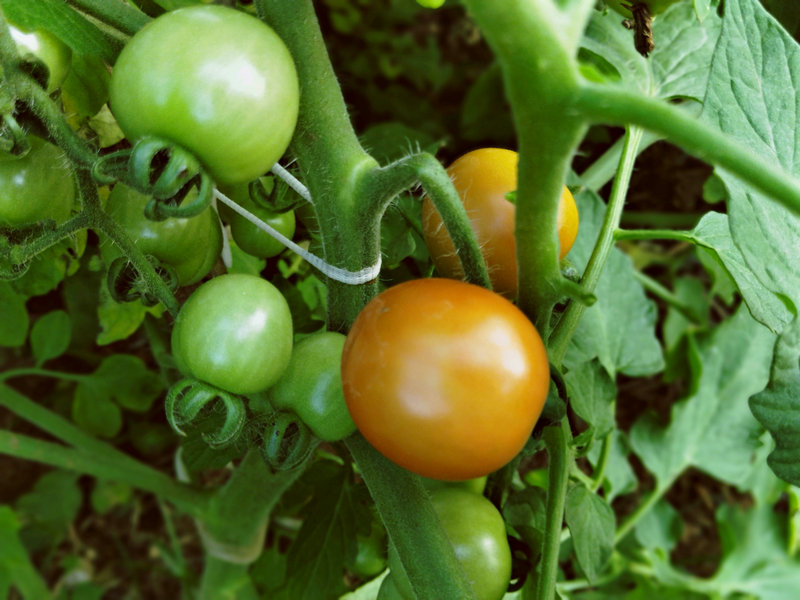
Last updated